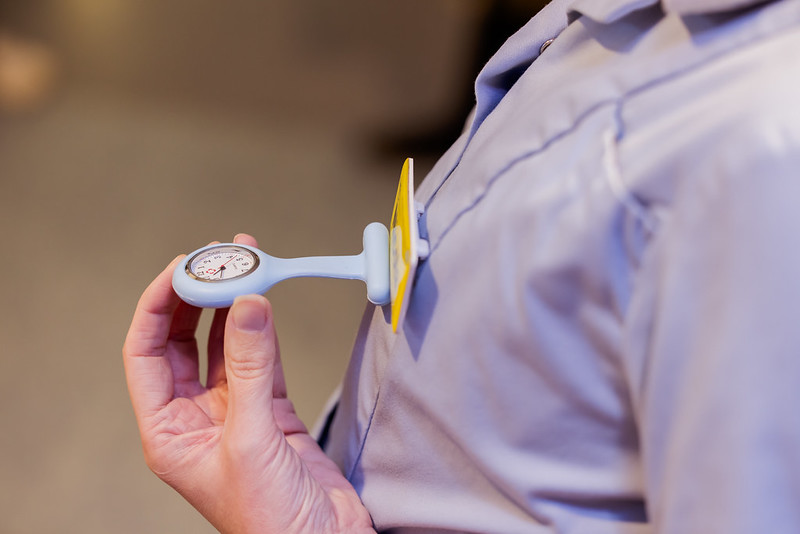The Royal College of Midwives (RCM) has called on the new Government to act now to end the postcode lottery of perinatal mental health service provision across the UK.
The call comes as the RCM responds to a new report from the Maternal Mental Health Alliance (MMHA) which shows that services across the country are struggling to cope with the levels of demand for perinatal mental healthcare as the numbers of those suffering with mental ill health during pregnancy rises.
During pregnancy, and up to one year after birth, one in five women in the UK experience mental health issues, with suicide being a leading cause of death in new mothers, but services remain unacceptably understaffed and under resourced says the RCM.
The College says the postcode lottery of perinatal mental health provision has once again been laid bare in the MMHA’s report, which the RCM says has highlighted stark variations in the levels of care and the length of time it’s taking women to access what could be lifesaving specialist perinatal mental health support.
Commenting, RCM’s Director for Professional Midwifery, Fiona Gibb, says:
“Mental ill-health ranks with physical factors as one of the leading causes of maternal deaths in the UK, and yet this is not reflected in the resources allocated to it, whether in terms of staffing or other support. The RCM estimates that fewer than 350 additional specialist perinatal mental health midwives could bring about the results that we all want to see – and that women deserve. The postcode lottery that currently exists across the UK when it comes to perinatal mental health provision is utterly unacceptable and action must be taken to address this now. Lives are at risk. We need to ensure that every Trust or Health Board in the UK providing maternity services has a fulltime perinatal specialist midwife. This would make an enormous difference and enable midwives to refer women in their care to a specialist midwife who can provide immediate support.”
In Autumn 2023, the RCM published a landmark perinatal mental health road map, a set of guiding principles for perinatal mental health services which called for more training for all healthcare professionals supporting women in perinatal period. All professionals working with women in the perinatal period should have the necessary knowledge and understanding of perinatal mental health and should be equally concerned with mental as well as physical health in pregnancy, childbirth and postnatal period says the RCM
Fiona added:
“Pregnancy is often portrayed as a time of great happiness, but for many women it can be anything but, as they cope with multiple adjustments to their lives such as becoming a parent, it can be a time when women are at their most vulnerable and need the most support. When mental ill-health remains undiagnosed and untreated, not only is there an emotional impact on women and families but also a financial burden to the state – roughly an additional £8.1 billion each year. Investing in perinatal mental health and the training of more midwives now would be a fraction of that cost.”
ENDS
For interview requests and to contact the RCM Media Office call 020 7312 3456, or email media@rcm.org.uk
NOTES TO EDITORS
- ‘Midwives need the time to care’ says the RCM as it calls for perinatal mental health support
- RCM Perinatal Mental Health Road Map
- Perinatal mental health – why it matters and what midwives can do – Royal College of Midwives (rcm.org.uk)
- Read the MMHA’s report on the progress of maternal mental health services here: https://maternalmentalhealthalliance.org/news/england-maternal-mental-health-service-progress-report/

